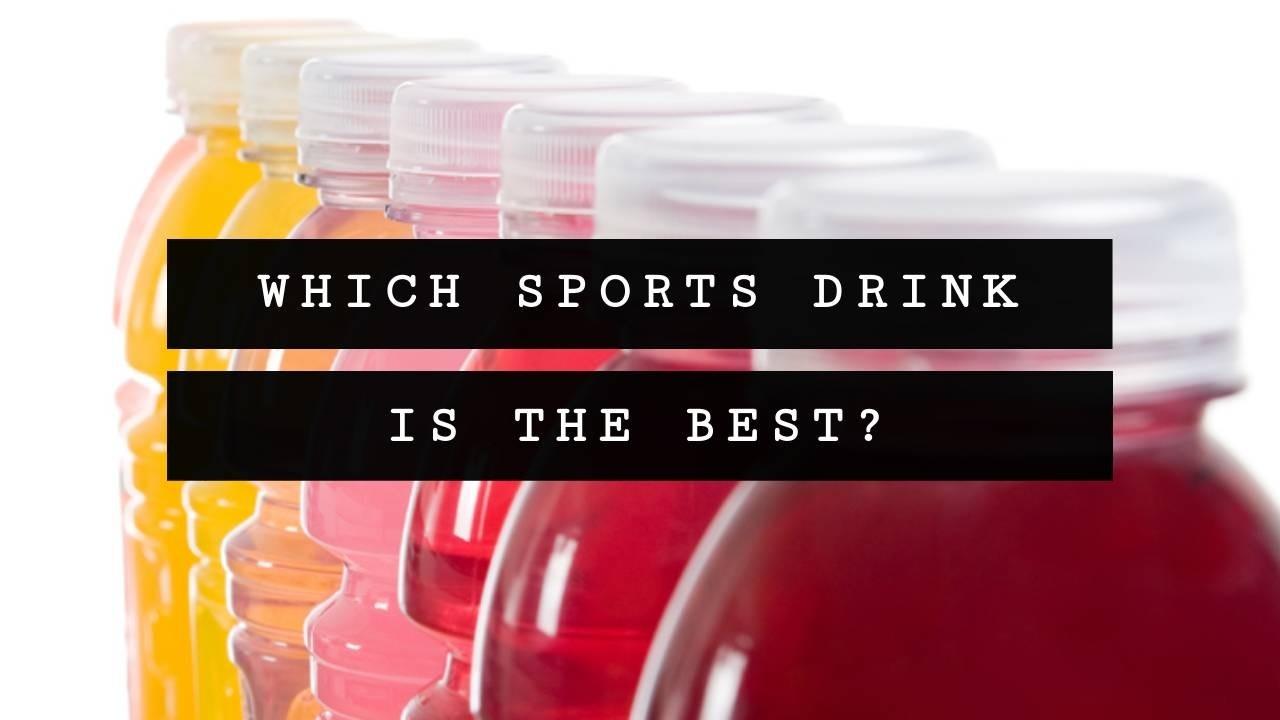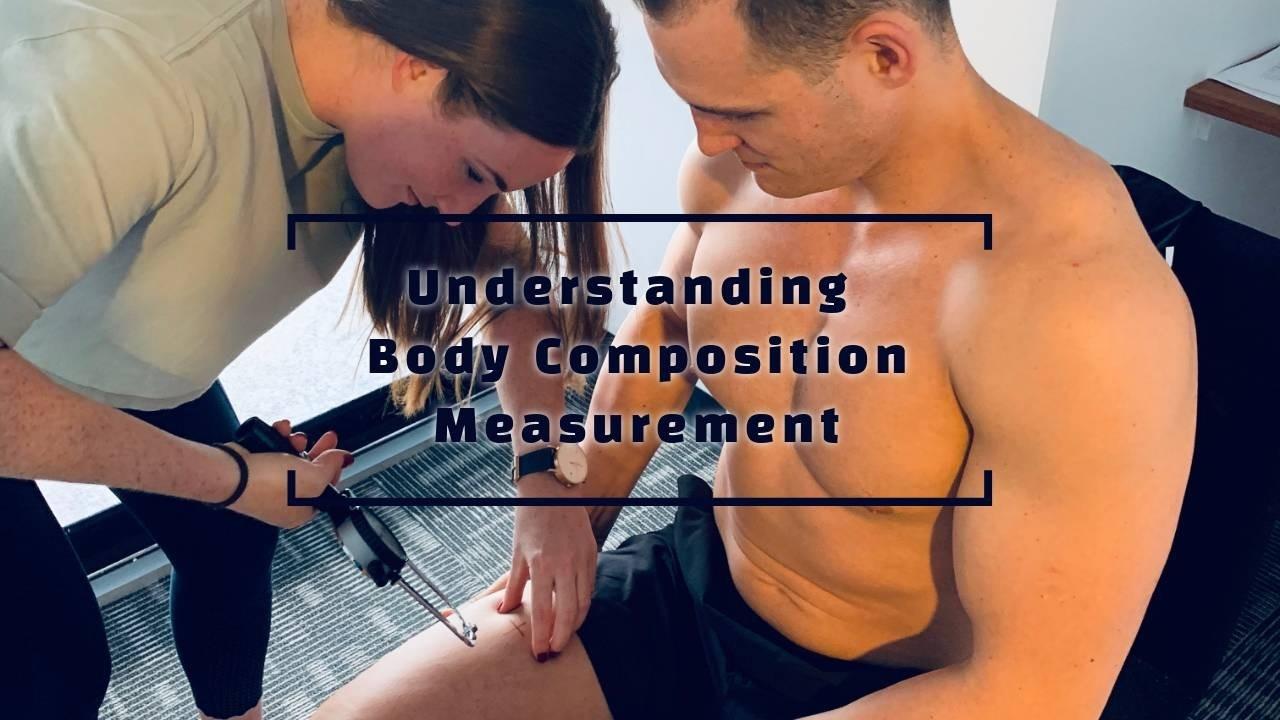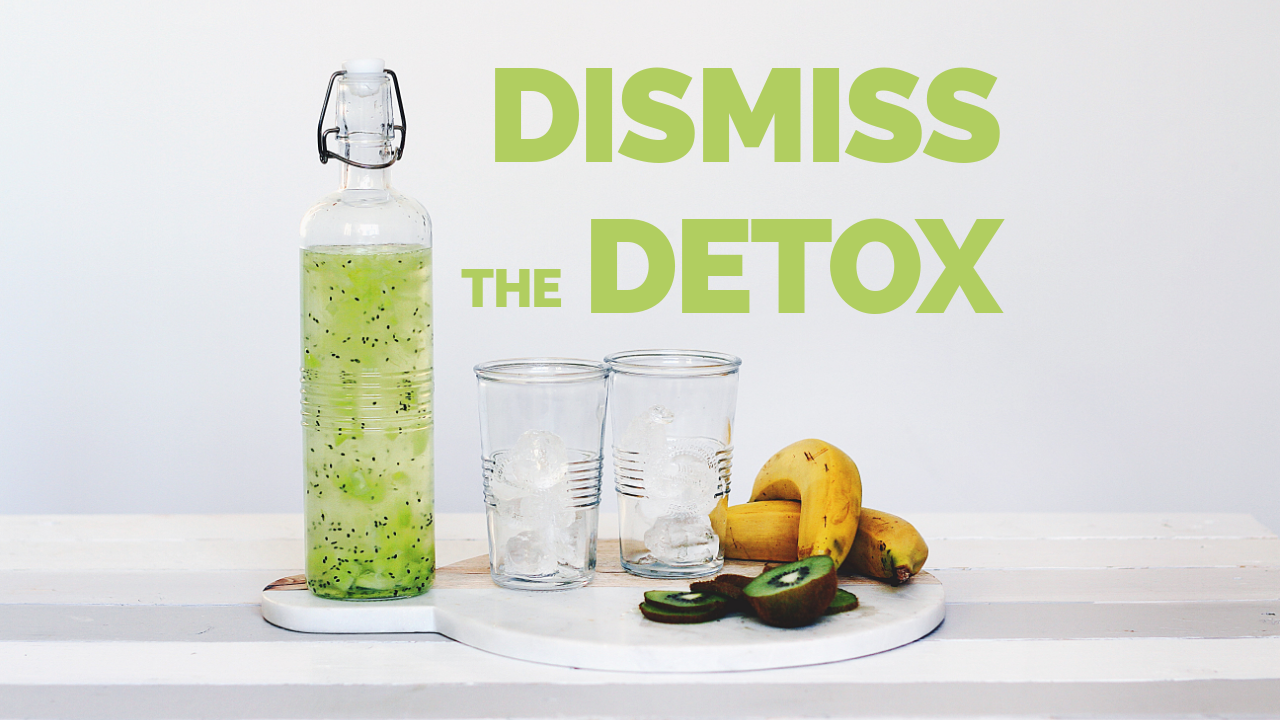5 Nutrition Mistakes Triathletes Make
Coffee & Questions - 29th May 2020
Eating For Immunity - Coffee & Questions - 22nd May 2020
Coffee & Questions - 22nd May 2020
- Rest and Recovery is key!
- Avoid low Energy Availability
- Carbohydrate is protective
- Eat the Rainbow
- Prevent dehydration
5 Strategies for Managing your 'Return' to Training
Coffee & Questions - 15th May 2020
Today on Coffee & Questions I run through...
My Top 5 Strategies for Managing your 'Return' to Training
1. Match your Daily Fuelling to your Training Load
2. Get enough protein and ensure it's distributed across the...
Coffee & Questions - 8th May 2020
Coffee & Questions - 8th May 2020
Happy Fri-Yay !!
5 Tips for Staying Healthy During Isolation
Now more than ever it’s important to eat well and look after ourselves. As a dietitian, I feel like it's my mission to help you through this crazy time with practical, easy to understand and implement advice, no matter where you are! In the best way I know how – nutrition!
In a world of uncertainty, sometimes it can help to focus on something. Why not use this time wisely to learn and implement some of the foundations of healthy eating?!
So here are My Top 5 Tips for Staying Healthy During Isolation to celebrate the launch of my new online course! Watch the replay from the LIVE recording or read through the summary below 👇👇🏼
1. Eat Well
- A lot of people are stressed about gaining weight at the moment, coming out of this in a bad place and undoing all of their hard work building fitness from the start of the season. But now is not the time to crash diet. Or put too much pressure on ourselves for that matter! It's not the time to put yourself into a severe calorie deficit as thi...
Which Sports Drink is the Best?

When it comes to Sports Drinks, there are far too many choices!
Which sports drink has the most electrolytes? Which sports drink has the most sodium? Which sports drink is isotonic? What sports drink has the least sugar? Which sports drink is the best for hydration?
And most importantly, what sports drink is the best choice for optimal performance? Let’s have a look…
What are we looking for in a sports drink?
Ultimately, we’re looking for a product that helps meet our fuelling and hydration needs. Sports drinks should be designed with a combination of different carbohydrates, electrolytes and of course fluid to keep you hydrated and performing at your best. But not all sports drinks are created equal…
Carbohydrate
As a general rule, most sports drinks contain between 6-8% carbohydrate. So, in 100mL of the product (made up to the correct concentration), they contain between 6-8g of carbohydrate. Anything higher can delay the rate your stomach empties which reduces the amount of f...
Dehydration: The Negative Effects
We lose water on a daily basis. We exhale water when we breathe, we lose water through our skin as sweat and we excrete water in our urine. Without regularly replacing this fluid we become dehydrated. We can’t train our bodies to adapt to dehydration, unfortunately. It’s not something you can become good at. Even mild dehydration can have noticeable negative effects. Let’s take a look…
1. Fatigue
Perhaps the most noticeable effect of dehydration is a general feeling of fatigue. Being dehydrated is often the cause of headaches or headache-type symptoms such as reduced focus, dizziness, light-headedness, feeling tired and low mood. If you are feeling these effects, try drinking more water before jumping straight to taking painkillers.
2. Mental function
As dehydration increases, mental performance decreases. There is a noticeable impairment in short-term and working memory and our visual-motor function. Dehydration also impacts concentration and the ability to make decisions.
Dehydr...
5 Tips to Manage Your Body Composition: Body Fat Loss for Triathletes

I often see endurance athletes struggling to manage their body composition. They strive to be leaner so drastically cut calories and then suffer for it with reduced energy levels, poor training performance and increased risk of illness and injury...
I despise the word ‘diet’ and don’t even get me started on ‘detox’. The idea of a quick fix is appealing but unfortunately, there is no magic pill for weight loss...
Diets are often gimmicky, unsustainable and are not going to provide adequate fuel to keep up with the often-high load of triathlon training. There are some very real consequences to inappropriate weight loss such as altered hormones, reduced immune function, impaired growth and development and don’t forget warped psychological state (Yes, being ‘hangry’ is a real thing).
You’ll notice decreased muscle strength, anaerobic power and endurance capacity; none of which are helpful when training or racing. Success as a triathlete in part relies on the athlete carrying his/her o...
The BIA scan: A valuable measure of body composition?

I can’t be the only one that’s noticed Bioelectrical Impedance Analysis (BIA) scans popping up in just about every gym 12-week challenge, or ‘get fit for summer’ promo. These scans are advertised as a ‘new’ and ‘improved’ way to accurately measure your body composition that’s not going to cost you an arm and a leg. But should you be relying on this measure when it comes to achieving your goals?
It’s a BIG NO from us. Let me tell you why…
How BIA works:
This method of body composition measurement relies on different types of tissue in our bodies having different levels of conductivity. The machine sends a small current between the body parts in contact with the machine (either two or four points) and creates a measure of body composition depending on the response to this current. This is where we start to run into issues...
BIA machines with only two contact points (i.e. hand-to-hand, or foot-to-foot) only send a signal between this loop. They don't measure your entire body. Elec...
Dismissing the Detox

This obsession with the ‘detox’ seems to come from a place of wanting to drastically reset our body. Usually following a period of indulgence in high fat and sugary foods, and probably a few too many wines or beers as well. The idea of a detox is plucked up as a saving grace as if days or weeks of denying our bodies whole foods packed with nutrients can be rapidly undone. Unfortunately, to be the bearer of bad news on this one, that’s not quite how our digestive system functions. On the flip side, you can save yourself a whole lot of money, and discomfort, by steering clear of these fads.
Clearing up the science
When it comes to toxins entering our body from food or drink, the systems we have in place to remove them are already quite good at their job without the help of a juice cleanse! Whether it’s alcohol, medication, environmental toxins or bacteria from food, there is a scientific explanation for how these toxins are eliminated. Although I could talk for days on this topic, I’m ...




